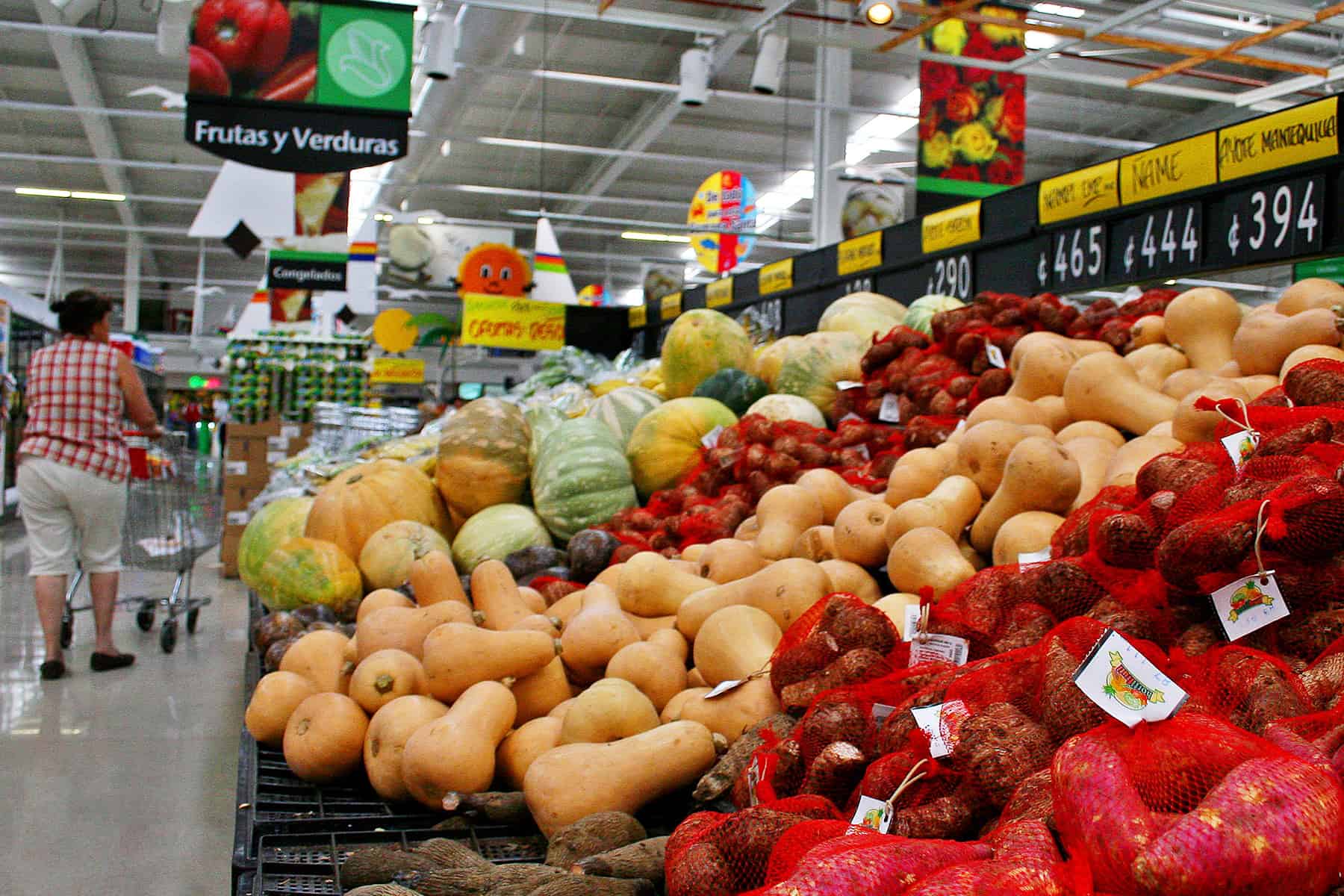The Costa Rican government moved this week to reform the country’s tax laws in an effort to attack the growing fiscal deficit, which has begun to raise alarm both here and abroad.
On Wednesday Costa Rica’s Vice President and Finance Minister Helio Fallas submitted to the Legislative Assembly two draft bills to amend the country’s sales tax and income tax laws.
Those bills look to increase revenue by $1.1 billion — representing just over 2 percent of the country’s gross domestic product — and to reduce the government’s fiscal deficit, which is estimated to reach 6 percent of national production, according to ministry figures.
“Both plans, as well as others currently under discussion at the Legislative Assembly, aim for more efficient public spending, better use of public resources and improved controls over tax evasion,” Fallas said.
The Solís administration’s proposal was first unveiled in March. The Finance Ministry collected public comments and suggestions on the proposals before submitting the reform bills this week.
Value added tax
The first proposal seeks to swap the current sales tax for a value added tax, meaning most products and services would be taxed. However, under the proposal, funds collected from the VAT on certain basic services and goods, like food, would be returned to lower-income taxpayers using an electronic system.
These taxpayers would also get a refund for taxes paid on monthly rent that’s lower than ₡403,400 ($747), private education and health services, as long as they are paid using credit or debit cards.
Fallas said some 40 percent of the population would receive a yearly tax refund under the proposal.
In addition, tax exemptions would apply to electricity bills for families whose consumption is lower than 250 kilowatts per month, and to water bills when monthly consumption is lower than 30 cubic meters.
Extending the number of taxed goods and services mostly aims at improving controls on tax dodgers, Fallas said.
The VAT tax would increase annually under the proposal, from 13 percent — the same as the current sales tax — to 15 percent in two years.
Income tax
Proposed changes to income taxes include two new salary brackets. Monthly income above ₡2,225,000 million ($4,120) and up to ₡4,450,000 ($8,240) would be taxed at 20 percent. All monthly income above ₡4,450,000 would be taxed at 25 percent.
The Finance Ministry estimates these new segments account for some 3 percent of the country’s workers.
Currently, monthly income above ₡793,000 ($1,469) and up to ₡1,190,000 ($2,200) is taxed at 10 percent, while all income above ₡1,190,000 is taxed at 15 percent. Monthly income under ₡793,000 ($1,469) would remain tax-exempt.
New taxes, old promises
The proposal also intends to tax at 15 percent all remittances sent abroad as well as profits derived from selling properties, as well as used vehicles, boats and planes.
Corporations owning sports teams that generate profits — currently exempt — also would be taxed as well as large cooperatives Both would be taxed at 8 percent.
The draft bill also introduces control measures aimed at reducing evasion, avoidance and loopholes according to standards developed by the Organization for Economic Cooperation and Development (OECD).
The fiscal period under the new proposed plan would run exactly as a natural year (Jan. 1-Dec. 31), replacing the current period which runs from Oct. 1-Sept. 30. Tax returns and payments should be made by mid-March and partial payments can be made in June, September and December.
President Luis Guillermo Solís stressed during his campaign the need for a fiscal reform. But he said he was against new taxes, instead favoring improved collection of existing taxes.
Still, new taxes are definitely part of the government’s current proposal.
A new “green” or environmental tax would be added to non-returnable plastic bottles — ₡10 per every 250 milliliter or its equivalent. That means a one-liter bottle would carry a ₡40 tax.
Solís said at a public event Wednesday that he’s aware that the reforms would affect mostly middle- and upper-class taxpayers, but he said the effects would be minimal.
Reactions
Finance Minister Fallas said the tax reform is necessary to lessen the fiscal deficit that is threatening the country’s historic social achievements. He also said Costa Rica was “the only country in the region that has not done any tax reform in the last five years.”
Entrepreneurs reacted negatively to the government’s proposal.
“This is not a good time to talk about taxes,” José Manuel Hernando, president of the Costa Rican Food Industry Chamber (CACIA), said.
He mostly noted that taxing goods and services that currently are exempt would be a blow to consumers.
“The government’s proposal really alarms and concerns our sector, which was been severely affected by the country’s economic situation, a total stagnation that has lasted for several months,” he said. Business leaders also fear the proposed reform would have a negative effect on job creation.
Rather than raise taxes, Hernando said business leaders are asking the government to reform its spending.
Ronald Jiménez, president of the Costa Rican Union of Private-Sector Chambers and Associations (UCCAEP), said there’s confusion about fiscal issues among the country’s leaders. He said government officials talk about taxes as the only way to fix the country’s fiscal problems.
“The fiscal reform discussion should be comprehensive and it must incorporate talks about cutting public spending,” he said Monday.
Hurdles to the government’s plan also could come from the Legislative Assembly as opposition parties have already started to show their rejection of the proposed bills.
Juan Jiménez Succar, leader of the National Liberation Party, said the party would not approve any new taxes as long as the government didn’t cut spending.
Libertarian Otto Guevara concurred, saying “it is necessary to first advance on proposals to curb the government’s current squandering.”
In order to enter into force, both bills must be discussed and approved by the full Legislative Assembly at two separate rounds of voting.






